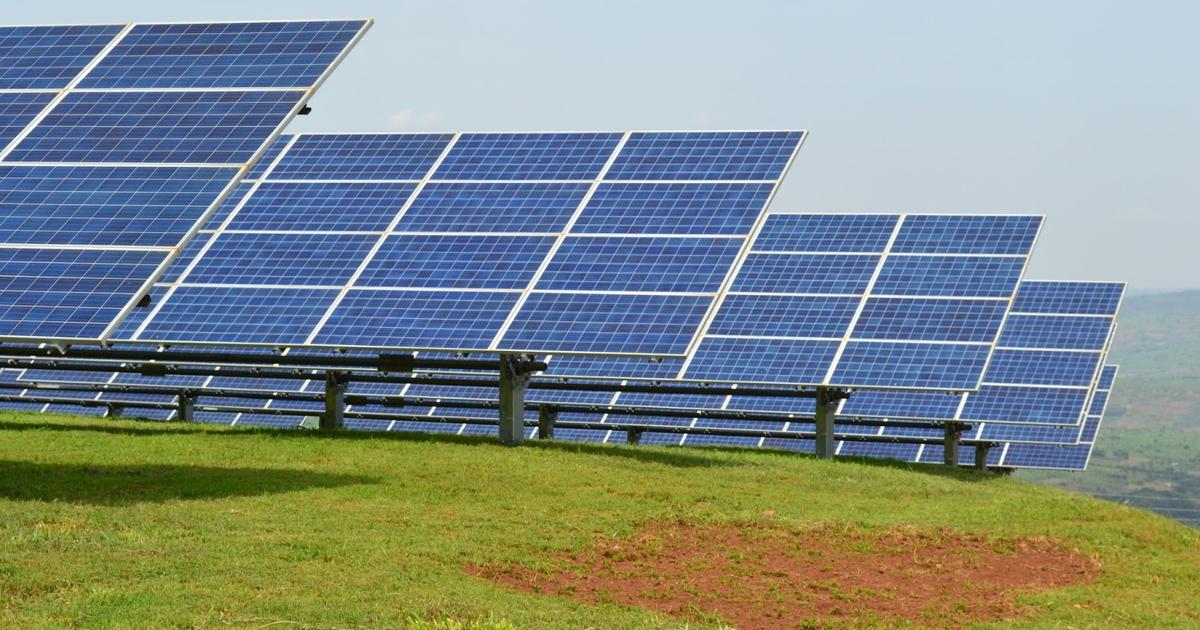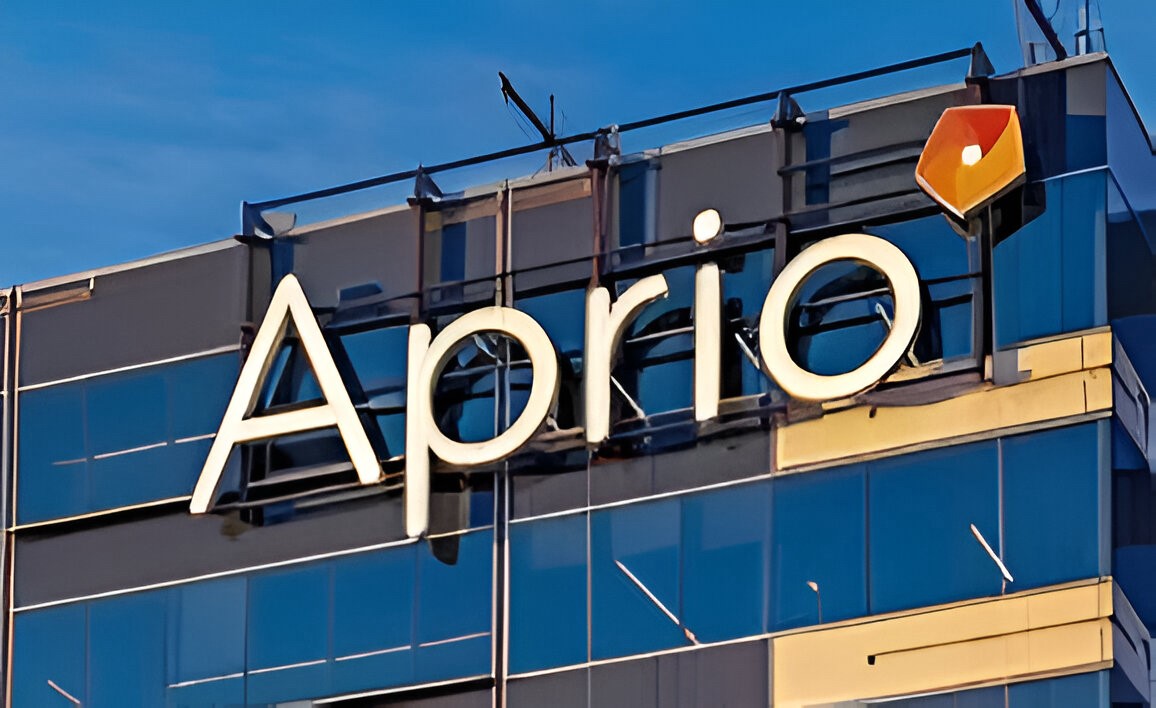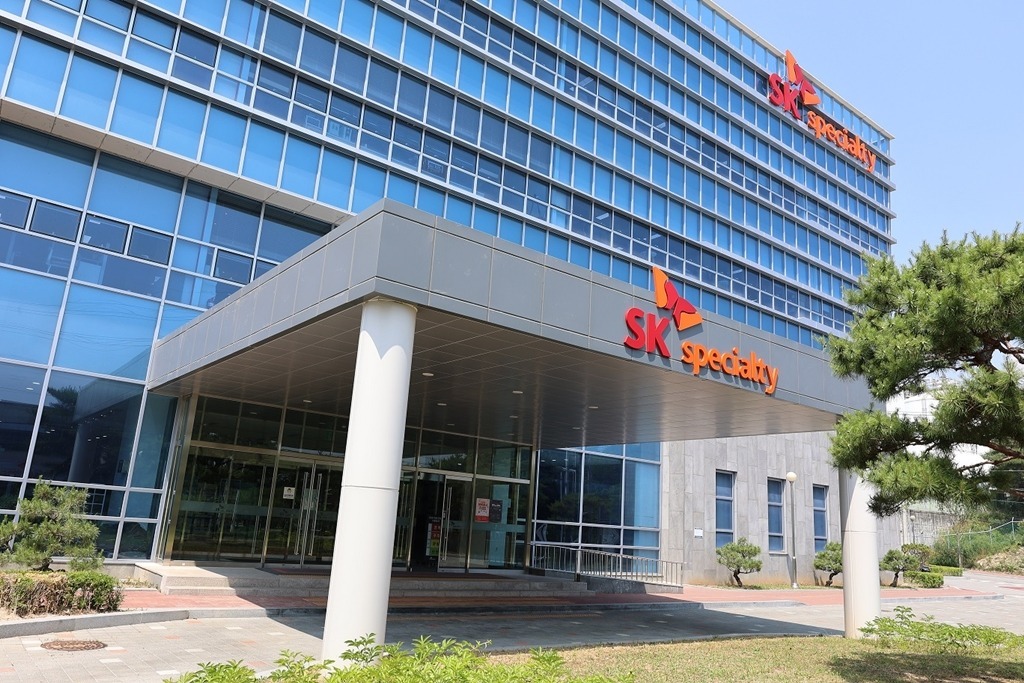While many investors are excited about their impact on the continent’s development, building funds in the current macroeconomic environment remains a common challenge. Nearly everyone, from first-time venture capital fund managers to veteran private equity general partners, told me it’s been tougher than usual over the past 12 months.
To be clear, it’s not just climate investments that are on the table for 2025. As Kuramo’s Adeosun told me, there’ll also be more interest in agribusiness, fintech and healthcare. But climate or green investments which back companies or funds in areas like solar, wind energy or green infrastructure projects have the edge.
The concern, from those I spoke with, is that a chronically underfunded region has too many fundamental challenges to make green investing a primary focus. One fund manager privately questioned whether there was a sufficient “green pipeline” of investible opportunities, even while acknowledging the disproportionate impact of climate change on Africa.
It’s worth noting that this could all change again over the next 12 months as a Trump effect starts to kick in. The recent DFI-led push for green investment projects has roots in the US Inflation Reduction Act which President Joe Biden signed into law in August 2022.
It won’t be surprising if there’s a perceptible shift away after Donald Trump moves into the White House next month. His administration is likely to place a lot less emphasis on green projects and there will be a trickle down effect seen with the influential US-led institutions in the development finance space.




